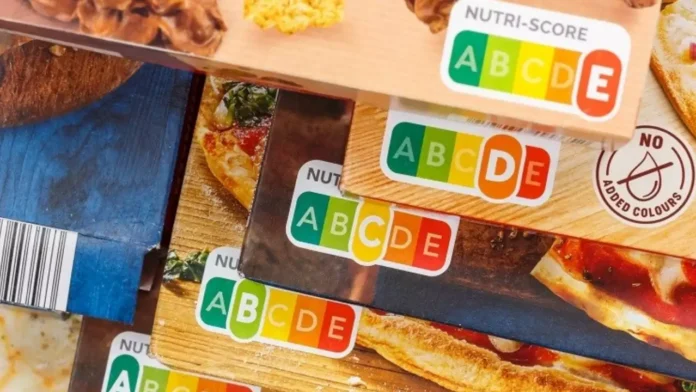Portugal’s Ministry of Health plans to implement the Nutri-Score traffic-light labeling system for food items sold within the country.
The new policy aims to introduce a single, simplified label for food products, with the goal of promoting healthy eating, as stated in the policy document.
Until now, there hasn’t been a single nutritional label for food products, as manufacturers have utilized various labels, “which can create difficulty or confusion for consumers when making their choices.”
Explaining the reason for adopting the Nutri-Score, the ministry referenced its adoption in “numerous European Union countries” as well as by several food businesses in Portugal.
Continue Exploring: Indian consumers make healthier choices with two-color front-of-pack labels, new study finds
The Swiss manufacturing giant Nestlé implemented the labeling system for its products in Portugal in 2020.
“The ministry stated that this positions it as the most suitable simplified nutritional labeling system to be adopted in Portugal.”
Food manufacturers’ adoption of the labeling system will be optional.
Between now and July, the ministry will collaborate with the Director-General for Health, Rita Sá Machado, and interested businesses to determine the best way to implement the Nutri-Score.
This process will include developing a “procedural support system” to assist companies in complying with the new labeling, creating a “communication campaign” to encourage business adoption of the Nutri-Score, and educating consumers on how to interpret the label.
The ministry will also work on developing a system “to monitor and evaluate” its implementation in Portugal.
The Nutri-Score system was initially introduced in France in 2017 and is currently utilized by retailers in Belgium and Germany, as well as by manufacturers Danone and General Mills. It was also introduced in the Netherlands earlier this year.
Continue Exploring: UK govt unveils plans for enhanced food labeling transparency to promote high-quality British produce
The label assesses the nutritional value of foods using an alphabetical traffic light system, rating products on a scale from A to E.
While it has been successfully implemented in several countries, it has not been well-received everywhere.
In 2022, Italy’s Competition Authority (AGCM) prohibited the system, citing concerns that the label could be misleading.
Companies in Italy can no longer use it unless detailed information on the method behind the Nutri-Score calculation is also included on the label.
That same year, a committee was established to examine modifying the Nutri-Score’s algorithm to enhance the system’s calculation of the nutritional quality of foods.
The EU has also been striving to implement a unified labeling system across the bloc for several years but has yet to reach an agreement among Member States.
Belgium intends to revisit the topic through a symposium later this month as part of its EU Council presidency, which continues until the end of June.
Continue Exploring: FSSAI directs e-commerce companies to stop labeling dairy and cereal-based beverages as ‘health’ or ‘energy’ drinks





